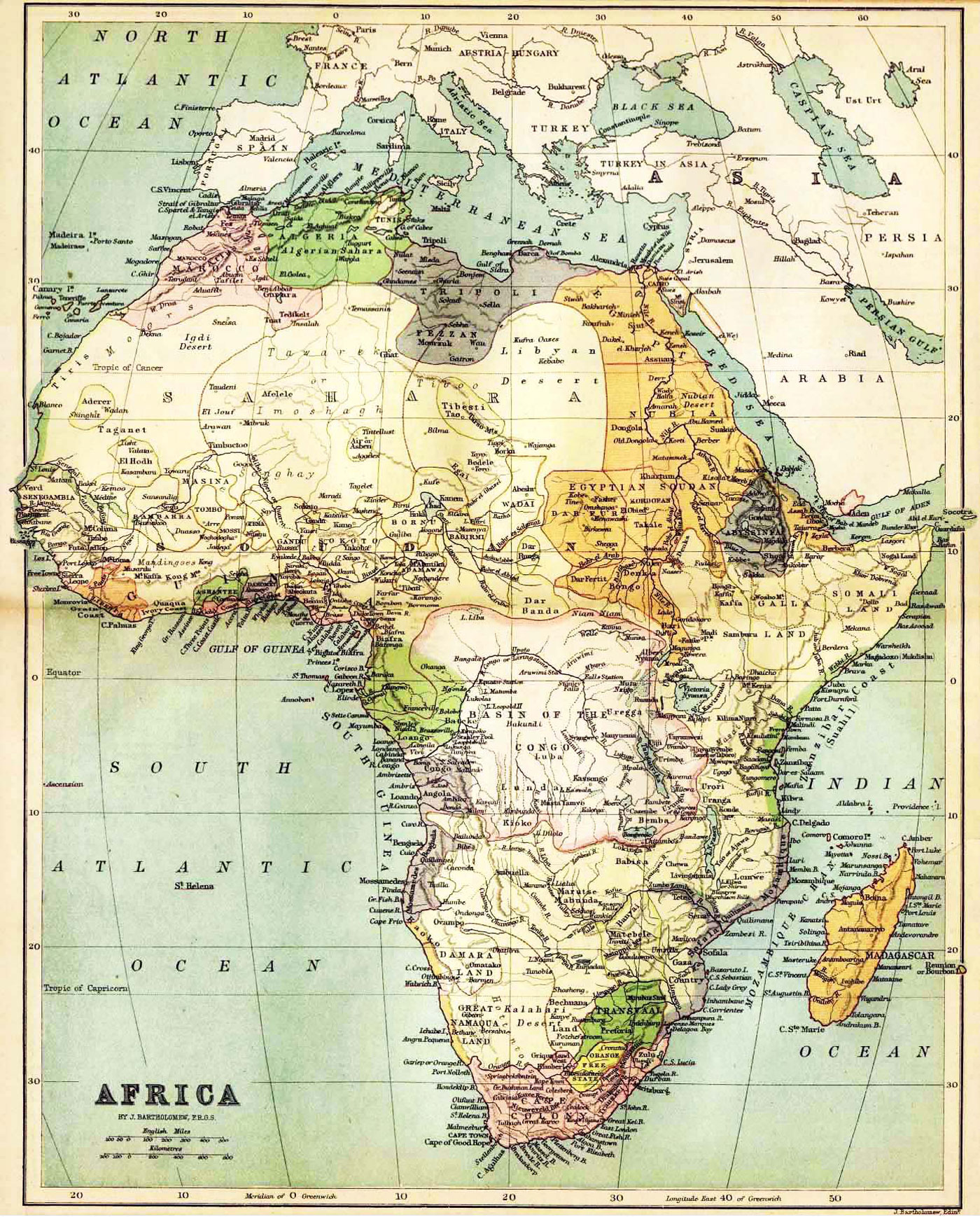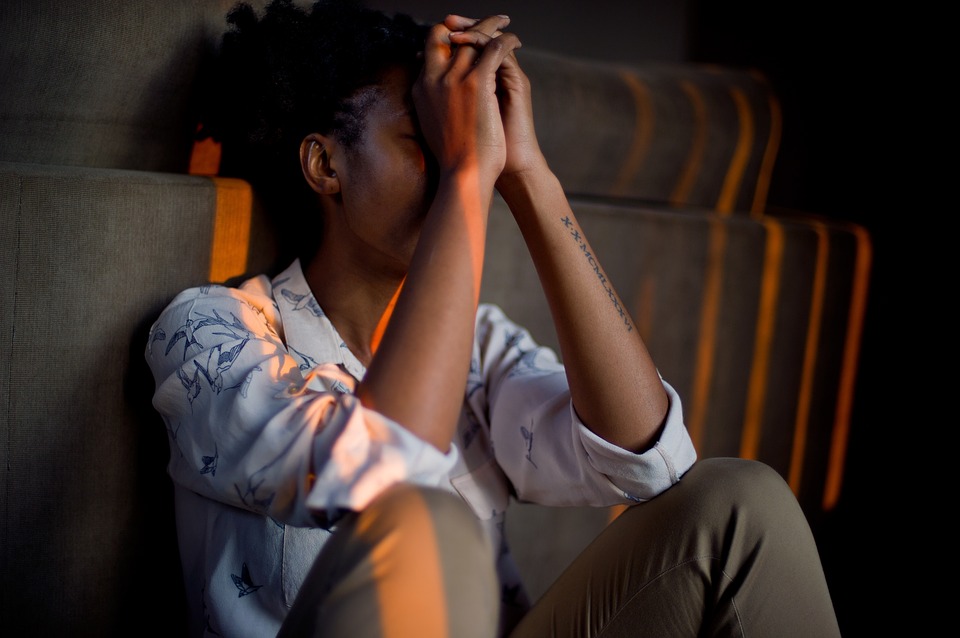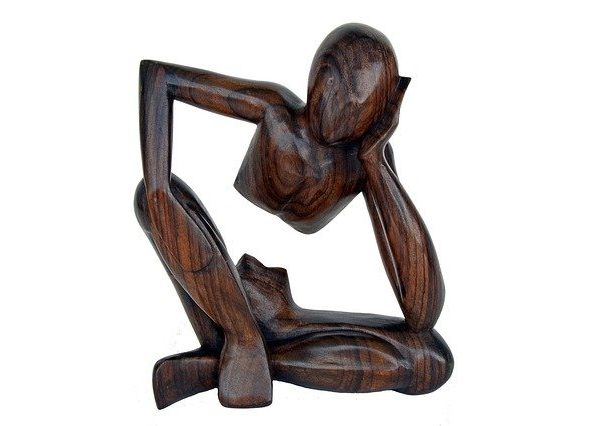February is black history month in the U.S. Sounds like a good month to examine African history and its effects on us today. When I say “us” I mean black people, not just Africans, but all descendants of Africa. In addition to our genetics, we are products of our history and our environment in more ways than we are aware of. During the month of February, I will be posting a series including videos and essays on understanding how colonization in Africa affected and continues to affect how we think and behave (consciously and unconsciously), and how it continues to affect the current state of Africa.
To begin, here is a video of an interview of Arikana Chihombori-Quao, former African Union ambassador to the U.S. She does a great job (to say the least) providing a summary of pivotal historical facts on what has been happening in Africa since the 1880s and how that affects us. She also speaks to the void that African Americans can experience not knowing where they come from. It might stimulate a good discussion with a friend/family member if you watch it with them or it may just give you some things to think about. If you are like me, it may stir up some emotions in you. That’s okay! Feel free to share any thoughts or feelings in the comments below.
As you wait for next week’s post continuing the series, check out other blog posts on the website.




2 Responses
Analysis critical of colonialism and its forms of knowledge, including writings by scholars such as Dirks (1992), Thomas (1994), and Cohn (1996) focus predominantly on the colonial past, but also recognize the present implications colonialism continues to exert for the colonized people in former colonies. I agree with you that colonialism live on in ways that we have only begun to recognize as Dirk puts it. In my paper (The Refugee and Migrant Crisis: Human Tragedies as an Extension of Colonialism) coming up in the Oxford Round Table this month, l have asserted that colonialism is alive because in the making of post colonial states, many of the inequalities under colonial rule remained in the present.
Thanks for sharing this. I just found your article online and saved to read more on the topic. We are definitely still affected in many ways by colonialism.